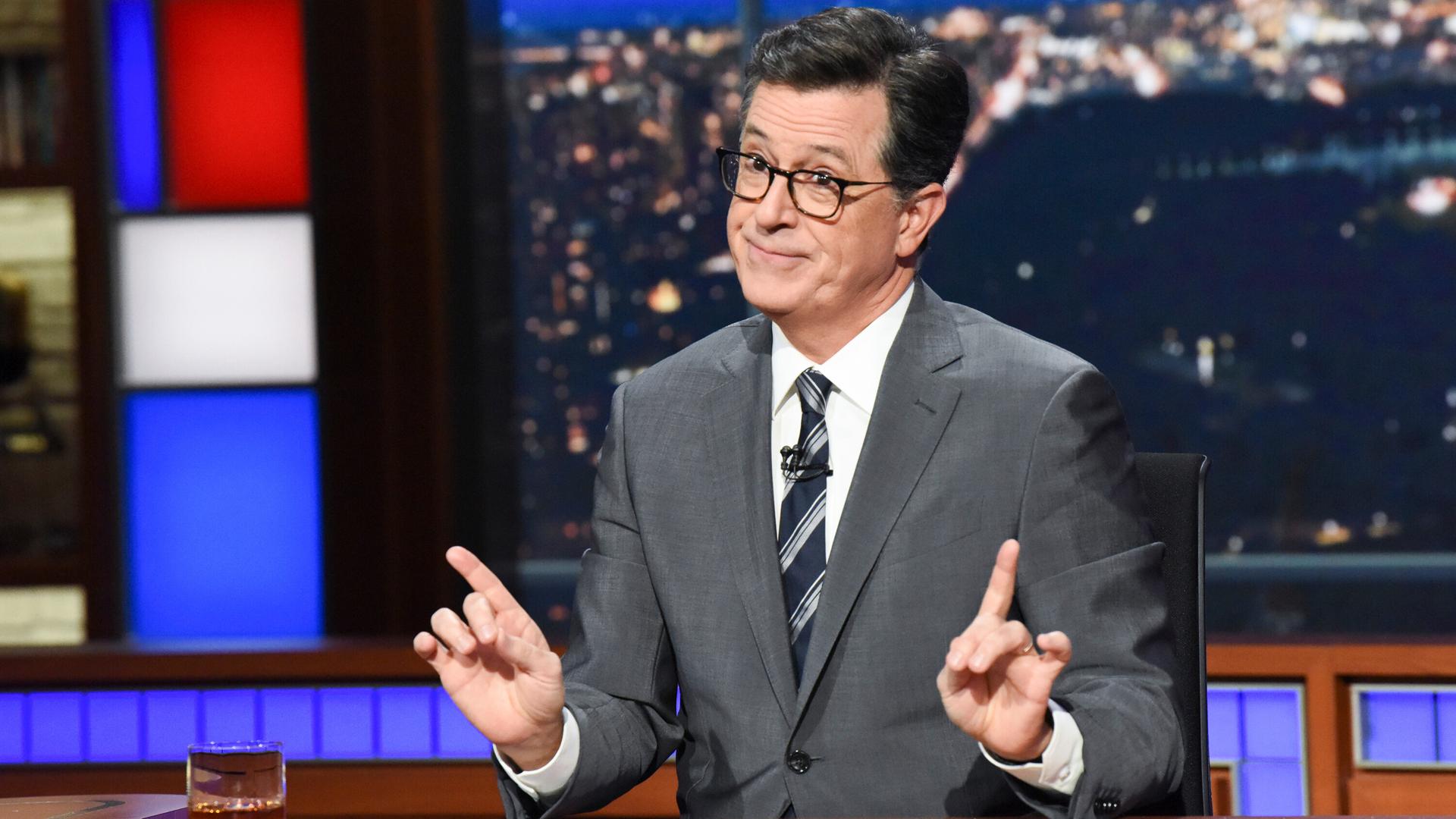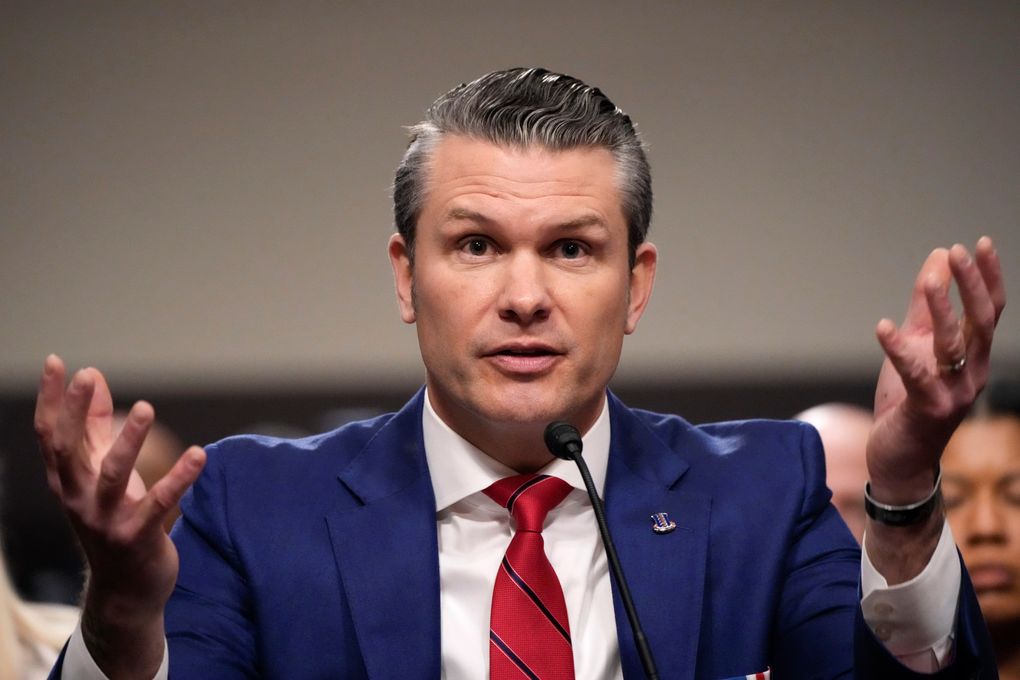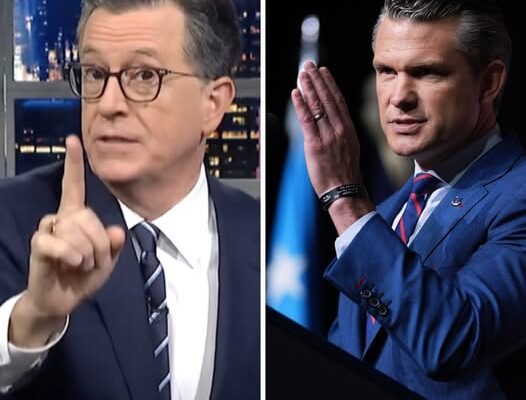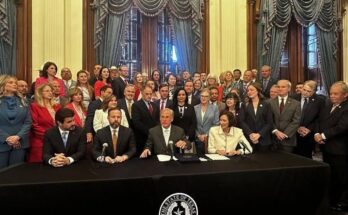Stephen Colbert unleashed a blistering attack in his most recent monologue, relentlessly slamming Pete Hegseth in one of his harshest roasts to date. The audience exploded with applause when Colbert mocked Hegseth, labeling him “a five-star douche” in a clip that spread like wildfire online. Yet the true bombshell followed, as Colbert delivered a cutting follow-up line that electrified the studio and suggested a rivalry far more intense than just one punchline. What sparked this tirade—and what precisely did Colbert say to set the internet on fire? The repercussions are only starting to unfold.
Stephen Colbert unleashed one of his most scathing monologues to date this week, targeting Fox News contributor Pete Hegseth with what quickly became a viral, headline-dominating tirade. Even in the combative world of late-night television, where political barbs are a nightly occurrence, Colbert’s remarks on The Late Show stood out for their venom and intensity. What began as a typical segment filled with Colbert’s familiar wit and sarcasm soon morphed into a blistering personal attack that shook both the studio audience and the broader media world.
The Tuesday night broadcast started innocently enough, with Colbert dissecting the day’s political stories in his usual sharp, comedic tone. But when Hegseth’s recent comments on military policy entered the discussion, the energy in the room shifted. Using props and humor, Colbert mocked what he described as Hegseth’s “explosively ill-informed” takes, even holding up an oversized foam grenade to drive home his point. The audience laughed along—until, just past the eleven-minute mark, Colbert’s tone darkened.
Leaning forward on his desk, Colbert paused, the smile fading from his face. The studio fell quiet as he dropped his trademark charm and spoke in a low, deliberate voice. “Normally,” he began, “I try to keep some professional distance, even when the policies I discuss are as toxic as whatever’s leaking out of Mar-a-Lago this week. I focus on ideas, not the person selling them.” He exhaled slowly, eyes narrowing as the audience held its breath. “But sometimes,” he continued, “you’re not dealing with an idea. You’re dealing with a force of nature—a dark, chaotic, five-star force of nature. And at that point, you have to call it what it is.”
Then came the line that detonated across the internet. Colbert straightened up and sneered. “And Pete Hegseth, in my professional opinion, is a five-star douche.”
The reaction was instant and explosive. Gasps, laughter, and cheers erupted from the audience. Within minutes, the clip was circulating on social media, and the phrase “Five-Star Douche” was trending globally. By morning, it had amassed tens of millions of views, cementing the moment as one of the most shocking—and polarizing—monologue outbursts of Colbert’s career. But the host wasn’t done. What came next hinted at something far deeper than a comedic insult.
As the applause finally died down, Colbert lifted his hand to quiet the crowd. His expression hardened further. “The laughs are nice,” he said softly, “but honestly, this isn’t funny. It hasn’t been funny for a very long time. And it’s not about cable news, punditry, or ratings.” His words hung heavy in the air. He glanced briefly offstage before looking directly into the camera again.

“The ratings, the outrage, the performative patriotism—it’s all just a mask,” he continued. “A mask for a very specific kind of failure, Pete. A failure that some people have a very long, long memory about. And you should know—there are scars beneath that mask. Scars that are not from combat. And some of those scars… I remember watching them appear.”
There was no punchline, no follow-up joke. The orchestra cut in abruptly for a commercial break, but the tension in the room lingered. What Colbert had just said felt loaded, almost ominous, hinting at a personal history between the two men that went far beyond ideological differences.
In the hours that followed, speculation erupted online. What did Colbert mean by “scars not from combat”? What “failure” was he referencing? Theories flooded social media and news sites alike. While no direct link between the two men has ever been documented, three primary theories have emerged as possible explanations for the mysterious reference.
The first centers on the possibility of a shared professional or academic past. Both Colbert and Hegseth moved through elite educational and political circles early in their careers—Colbert through Northwestern and Chicago’s improv scene, Hegseth through Princeton and conservative think tanks. Some believe they may have crossed paths during early media or policy events, with Colbert witnessing an embarrassing or revealing incident that left a lasting impression.
Another theory involves their overlapping military and USO connections. Colbert has long been a supporter of U.S. troops and has filmed comedy specials in Iraq and Afghanistan. Hegseth, a combat veteran, served multiple tours in those same regions. It’s possible the two interacted during one of Colbert’s overseas appearances, and that Colbert’s comment about “scars not from combat” referred to a personal or ethical lapse he observed at the time—something unrelated to warfare but deeply moral in nature.
A third and more abstract theory focuses on religion and personal faith. Colbert, a devout Catholic, and Hegseth, an outspoken Christian, both frequently discuss morality and virtue. Colbert’s language—speaking of masks, failure, and scars—sounded almost theological, suggesting he may have been referencing a private moral or spiritual failing rather than a public one.

As of now, Pete Hegseth has not responded publicly. His social media accounts have made no mention of Colbert or the viral moment, and his recent appearances on Fox News have continued as though nothing happened. For a man known for his fiery rhetoric and quick counterattacks, the silence has been deafening. Many observers interpret his quiet as a sign that Colbert’s insinuations may have touched a nerve—perhaps even alluding to something Hegseth would prefer to keep buried.
Whatever the truth may be, the fallout from Colbert’s monologue has been immense. It has reignited debates about the ethics of personal attacks in political comedy, the blurred line between satire and malice, and the possibility that this feud runs far deeper than the public realizes.




